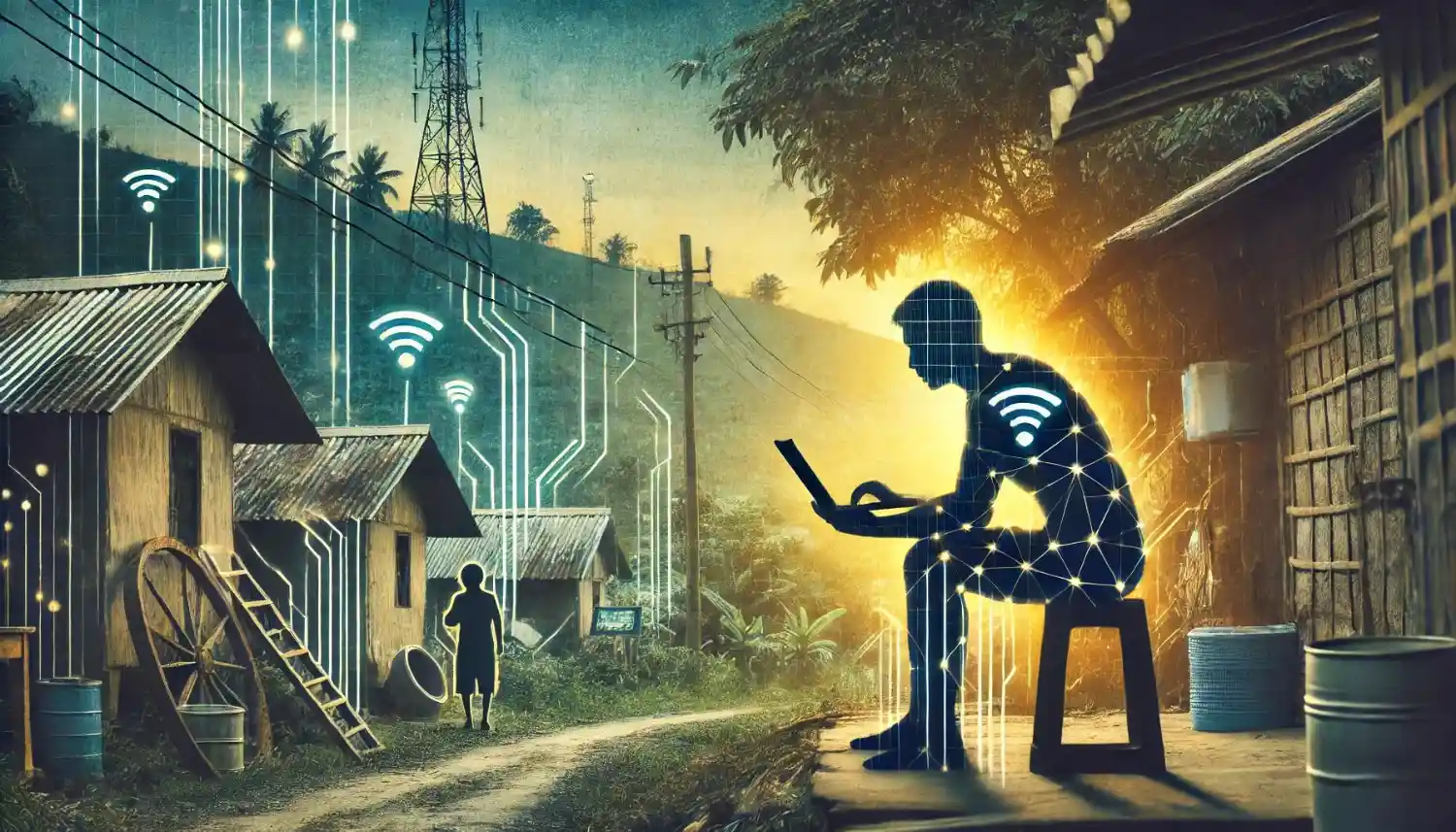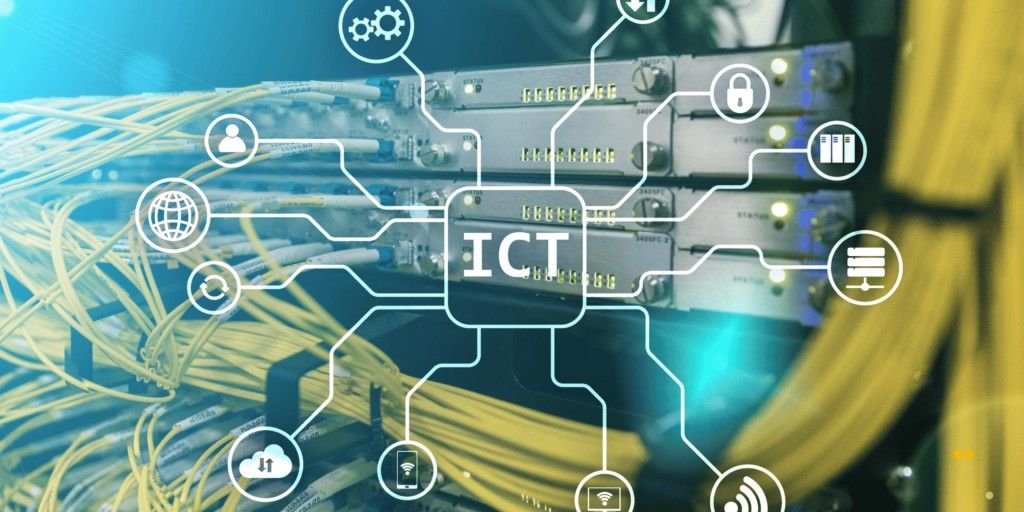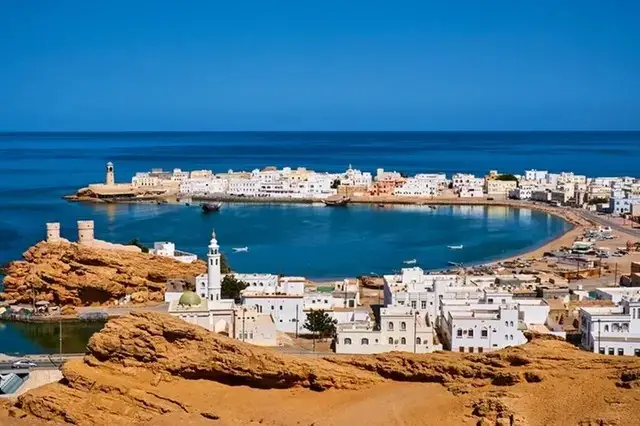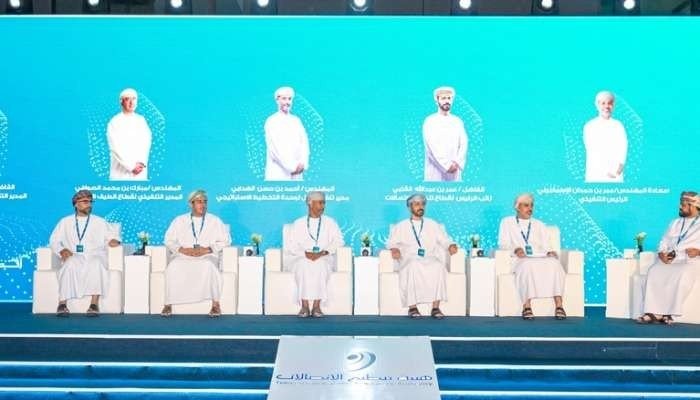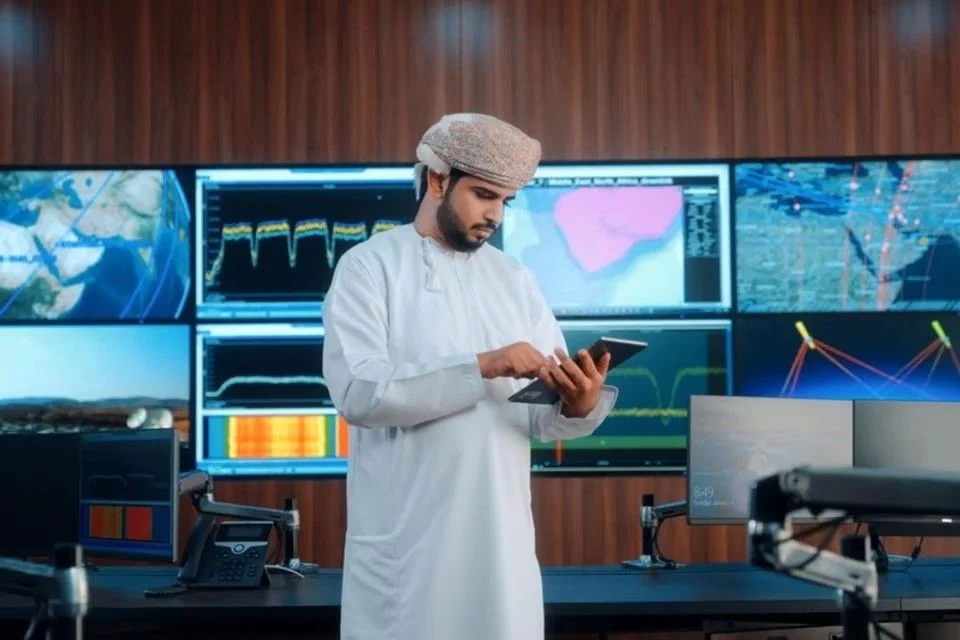According to the latest Internet Poverty Index (IPI) report released in December, Morocco ranks 105th globally in internet affordability, with over 1.6 million citizens unable to afford basic internet services. The report shows that both men and women are equally affected, with approximately 811,106 females and 812,060 males lacking access to affordable internet.
The report highlights that the average monthly cost of internet in Morocco is $4.4, with the country scoring 15.2 on the Big Byte Index. This suggests that internet prices in Morocco are significantly undervalued compared to the United States, where the benchmark score is 100.
The IPI, developed by the World Data Lab with support from the Internet Society Foundation, defines “internet poverty” as the inability to afford a basic mobile internet package. The methodology considers three factors: affordability (defined as spending no more than 10% of income on internet services), quantity (at least 1GB per month), and quality (minimum 10 Mbps download speed).
Globally, the report reveals significant regional disparities in internet access. While Asia has made substantial progress in reducing its internet-poor population from 418 million in 2023 to 252 million in 2024, Sub-Saharan Africa is facing increasing challenges, with the number of internet-poor people rising from 523 million to 545 million over the same period.
The situation in countries like Chad is particularly concerning, where internet poverty rates have surged from 85% in 2023 to 96.3% in 2024. In Latin America, the situation is more varied, with Brazil seeing an increase of 22 million people affected by internet poverty, while Mexico reduced its internet-poor population by 8 million.
The IPI uses a hedonic pricing model to assess internet affordability worldwide, factoring in internet quality and socio-economic variables to determine how many people can afford to spend up to 10% of their income on basic internet access.











